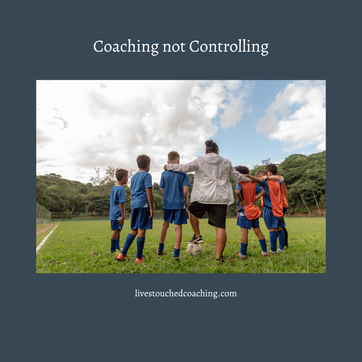|
Have you ever found yourself in a season of increased conflict with your child or teenager? Are there times when it just feels like your butting heads about lots of seemingly small things, or maybe butting heads repeatedly over the same old issue that keeps coming up? I certainly have been there! A variety of reasons can contribute to finding ourselves in these cycles of increased conflict with our child/teen including their growing desire for independence. Sometimes it just really feels like the young person is “looking for a fight” or “trying to be difficult.” When we start to see the situation through the lens that our child is being “defiant” or “manipulative” we feel the need to act! Often, at this point, parents tend to increase their control over the situations and the child. It makes sense! We are trying to restore order, instill a respect for authority and sometimes maybe make it clear who’s the boss. Maybe you’re struggling with a child that refuses to come and eat dinner at dinner time, or a child that “stirs the pot” by creating some drama when she’s bored. Maybe it’s a teenager that is missing curfew or not getting done the agreed upon chores. Increasing our attempts to “control” our child or teenager is a losing game. We can’t really make that independently minded young person do anything. So what’s a parent to do? Time to move into coaching, not controlling. Put on your “coaches hat” and let’s get started! Think about a sports game, maybe soccer. The coach teaches the players the rules of the game, and different skills that they will practice to get better and better at playing the game. The coach also teaches codes of conduct. Then a good coach encourages the players. They don’t wait until a goal is made to provide encouragement. The coach encourages all sorts of things, big and small, that are in a positive direction; good passing, good focus, a positive mental attitude, good sportsmanship, good teamwork etc. When the rules of the game are broken a coach doesn’t debate with the player about why there are rules, or if the rule was really broken. The coach pauses the play, provides advice when needed and gets the players back out to play again. How can we translate that kind of coaching into our parenting? Here are a few steps, but if you want to talk about your specific situation, send me a message and we can schedule your brainstorming session.
But what about...? |
AuthorDana Parisi Archives
June 2024
Categories
All
|

 RSS Feed
RSS Feed